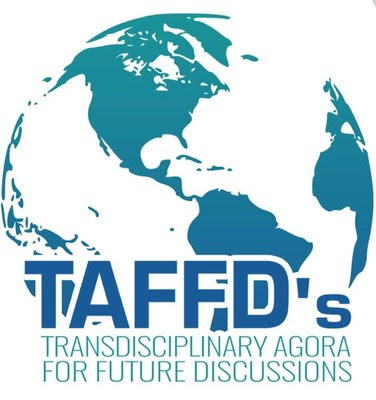JOHANNESBURG, May 2, 2022 /PRNewswire/ — The Transdisciplinary Agora For Future Discussions (TAFFD’s) will gather the leading futurists all over the world during the Gen4IR Global Summit in South Africa. The event will take place at the beautiful Sun City resort in Johannesburg in the middle of August.

The event which is now slated August 16-17 2022 because of the aims to converge scientist, and industrial experts from diverse disciplines.
“We are working with relevant authorities through our crucial government partners to ensure ease of travel to SA. The move of the summit to August will therefore offer the best chance for all participants to attend in person and maximize face-to-face interaction, networking opportunities, and planning productive endeavors for the future.” – commented Brenda Kgomotsego Ramokopelwa, CEO at TAFFD’s.
“The growing interest from the private and public sectors worldwide in our event will require full engagement by speakers and delegates. We will therefore use this time to offer regular context, podcasts, commentaries, Zoom events that will educate, enlighten, and inspire about the prosperous future of Africa that the August summit will help unleash. We apologize for any inconvenience this move might have caused and hope to see you this August in South Africa. We thank you for your interest in the Gen4IR summit and hope you will engage with us as we lead up to our exciting event! – Ósìnàkáchì Ákùmà Kálù, founder at TAFFD’s.

Africa, with its status as having the youngest population on Earth, is strategically positioned at the forefront of the global race to be the 4IR powerhouse thanks to boundlessly creativity of African youth experienced in using tools, ideas and skills in overcoming of the myriad real-life challenges, and vast resources of the world digital technologies and startups, who are interested in this raising market. Over a million years ago, the making of stone chopping tools and the stone hand axe at Olduvai Gorge of the East African Rift Valley represented the first step in the great human journey of shaping our world and for many millions of years. The stone hand axe from Africa remained the innovative technology, which was needed by and accompanied our ancestors as they spread out of Africa and across the world. Indeed, as our tools evolve so do our ideas, and then as our tools and ideas evolve, so also do we. Our current 21st century world and humankind through a new set of modern tools characterized as exponential technologies, stands again at the verge of another radical evolution – a Fourth Industrial Revolution (4IR), – and just as with the story of our origins, the future of this technological revolution lies again in the promise of Africa.
Currently, among the speakers of the Gen4IR conference are Ai Karaki, 4iAfrica; David Wood, futurists; Aubrey De Grey, PhD, Biomedical Gerontologist; Natasha Vita More, PhD; Jose Louis Codeiro, MIT Engineer, Immortalist; Edward Hudgins, Futurist, Human Achievement Alliance; Dr. Catherine Demetriades, Inventor of Cxai technologies and Actual Intelligence; Dr. Sarita Sharma, Author of Myriad Voices, Days V.; Ugo Chukwu, Futurist; and many more. We deliver you 4 Key mindsets and an understanding of the exponential technologies required for you. Let’s make Africa great again!
For more information, kindly visit gen4ir.org or email 2022summit@gen4ir.org.
Photo- https://mma.prnewswire.com/
Logo- https://mma.prnewswire.com/

